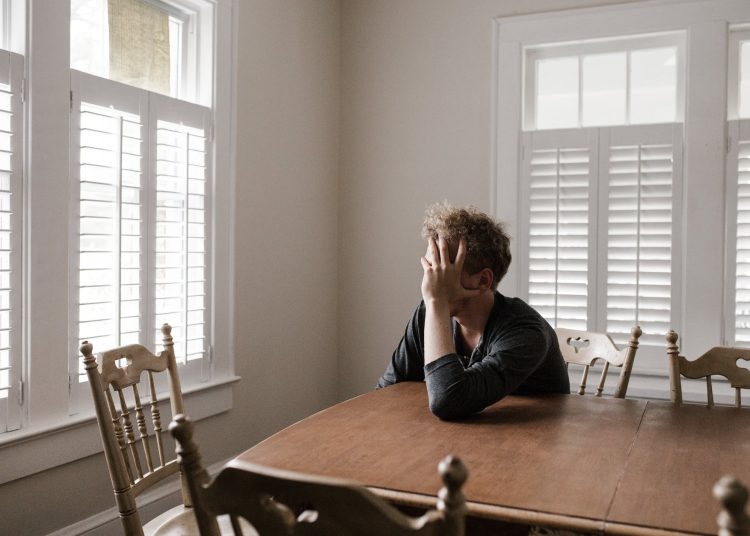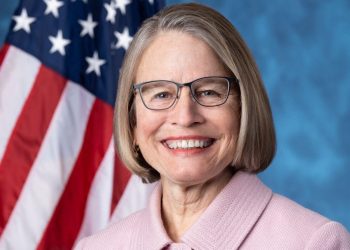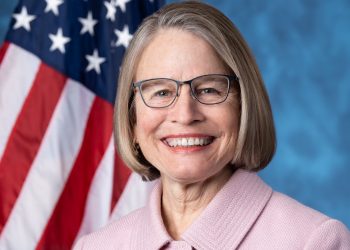Mental health is an issue everyone across the United States is facing, and we should be doing more to expand accessibility to mental health resources and care. According to a study by the National Institute of Mental Health, nearly one in five live with mental illness.
The COVID-19 pandemic did not alleviate the mental health crisis affecting the United States, but, as predicted, the isolation of lockdowns exacerbated drug addiction and mental illnesses. It also exposed the flaws within our care delivery system. In 2020, nearly 46,000 Americans died by suicide. Sadly, suicide is still one of the leading causes of death for teens and middle-aged Americans.
That is why this September, it is critically important that we recognize Suicide Prevention Month. This month, I call upon Iowans and Americans to come together and offer support to those who are struggling.
Resources like the 9-8-8 hotline, which has recently become the new suicide hotline, have effectively reduced suicide rates across the country. It can help avert a crises and connect a person at risk with local resources if needed. The hotline can be reached via text or phone call 24 hours a day. However, this hotline alone will not combat the growing mental health crisis exposed during the COVID-19 pandemic.
Since taking office, I have been committed to introducing legislation to support and expand mental health resources for Americans. Recently, my Supporting Children’s Mental Health Care Access Act of 2022 passed the House of Representatives. This bipartisan bill would reauthorize funding for children’s mental and behavioral health programs.
Additionally, this week I held a roundtable with Clinton County Sherriff Bill Greenwalt to discuss the importance of mental health, suicide prevention, and information about available resources. Discussions like this bring awareness to mental health and allow local experts to share resources with the community.
I am proud that Congress has prioritized brain health and begun to recognize how important this issue is among our youth. I hope my colleagues will join me in supporting commonsense legislation to address mental illness and expand resources to those in need.
Mental health isn’t a Republican issue or a Democratic issue—it’s an issue every single American is facing. I am confident that my colleagues on both sides of the aisle can come together to work on legislation to reduce suicide rates, expand accessibility to care, and help those who are suffering.














